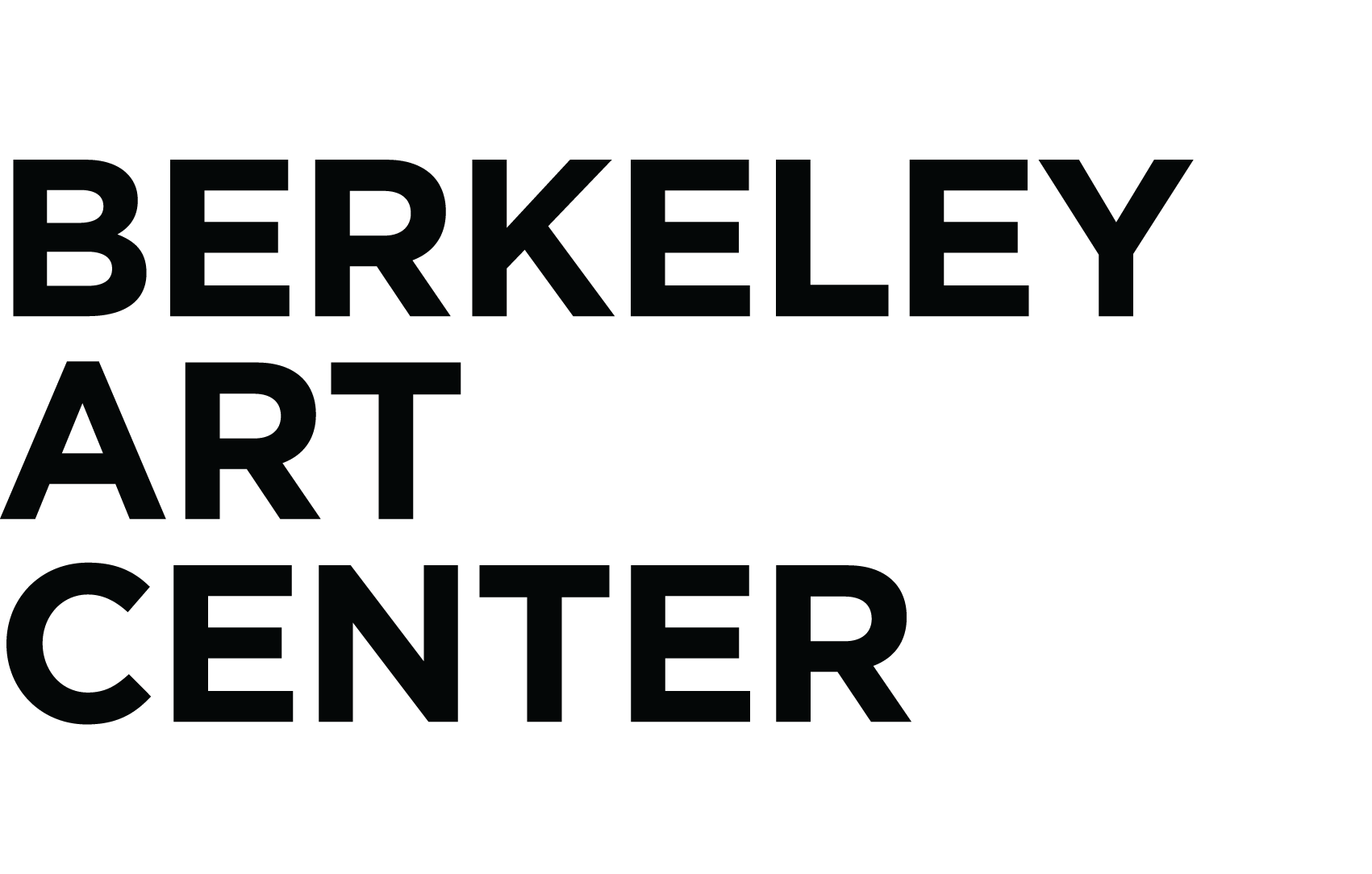On View
Archives Yet to Come
February 8 - May 4, 2025
Opening reception: Saturday, February 8, 3-5pm
Curated by Hannah Waiters
The archive is a particular kind of space of “rememory,” perhaps best described as histories in one place; it fuses erased histories without quite resolving them. Archives Yet to Come explores the potential of archives shaped by artistic strategies and actions, focusing on the creative uses of archival preservation. The exhibition examines how archives hold multiple, often conflicting histories, embodying erased narratives without resolving them. Archives are collections of history from diverse perspectives, preserving and making countless versions of the past visible. This exhibition delves into themes of archival imagination, knowledge production, and diasporic storytelling.
Featuring seven artists working across sentimental and familial archives, social practice, and time-based media, this show presents a reimagining of memory. These artists build unique aesthetic languages to reinterpret documents, photographs, and enduring artifacts, exploring how their meaning shifts over time and contributes to the ever-evolving process of collective memory.
Participating artists: Lynse Cooper, Lindsey Filowitz, Jy Jimmie Flora Gabiola, Mary Graham, Nneka Kai, Charles Lee, and Qadir Parris.
The exhibition is curated by visiting curator Hannah Waiters, Curatorial & Project Assistant at UCR ARTS: California Museum of Photography. Special thanks to Elena Gross and Marthe Benoit for their project management on this exhibition.
Major Support for this exhibition is provided by the City of Berkeley, Berkeley Civic Arts Commission, and East Bay Community Foundation’s East Bay Fund for the Arts.
public program: Saturday, April 26.
Mary W.D. Graham will be activating Value Test: Brown Paper through a live performance of two monologues, embodying the subjects depicted within the paintings. The performance draws upon the fictitious nature of the portraits in Value Test, almost all of which were rendered using photo collage as reference as opposed to a single model. The result is the creation of singular characters, each of whom embody the oral history and storytelling present within discussions of colorism within Black communities
upcoming
Collage by Leanne Poellinger with Erin Lawrence, T Thibodeaux Baar, cdw smith and Maureen Shields
Berkeley commonplace presents: Postal Collage project n.14
Preview Party Fundraiser: Friday, May 16th, 5-8pm (details)
Premiere Exhibition: Saturday, May 17 - June 1st. Open hours: Wednesday-Sundays, 11am - 5 PM
Closing Reception: Sunday, June 1st, 3-5pm
The Round Table Collaboration Postal Collage Project is an annual, global, mail-art collaboration in its 14th year. In its first thirteen years, well over one thousand collages were created by nearly 800 collaborators in 25 countries, and were featured in more than thirty exhibitions.
The 14th annual Postal Collage Project launched on the 1st of September, 2024, with 320 participants in eleven countries.
Berkeley Commonplace was established in January 2021 as a means to build upon the success of Round Table Collaboration. Its mission is to bring about and support collaborative art projects and creative activities for the purpose of personal, social and civic well-being. Round Table Collaboration is a Berkeley Commonplace program.
This exhibition is made possible by a Berkeley Art Center/Berkeley Commonplace community partnership, and is supported, in part, by a Civic Arts Grant from the City of Berkeley.
2025 Juried Member’s Show
CALLING ALL BAC ARTIST MEMBERS!
Applications are now open for the 2025 Members Exhibition at the Berkeley Art Center. This exhibition will be juried by Anthony Graham, Senior Curator at The Berkeley Art Museum and Pacific Film Archive. We invite artists living and working in the San Francisco Bay Area to submit their best works. This open call will consider all artwork mediums and themes.
Submitting work is free for current members. New and renewing members can sign up at a sliding scale of $15–$55 on our website. Up to three Curator Spotlight awards will be chosen to receive special consideration. An Audience Award will be announced at the exhibition closing. See below for more information!



